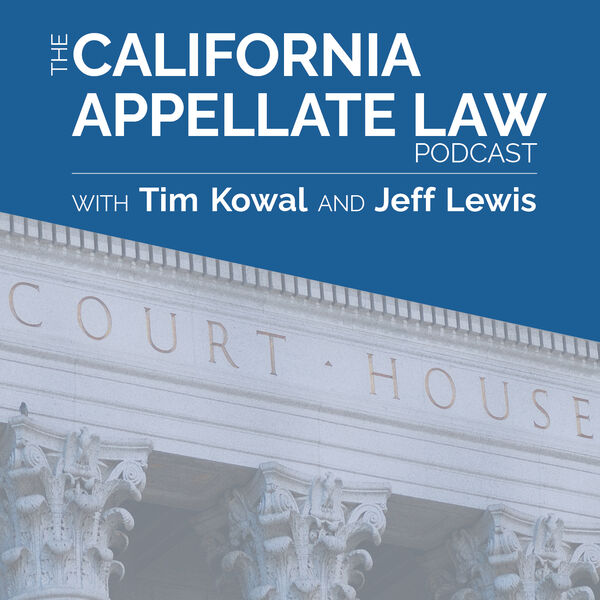
Judges are rightly frustrated with counsel who do not respond to unfavorable facts and arguments. So when asked what I find frustrating about appellate practice, my answer is: judicial opinions that do not answer the strongest arguments.
On most occasions when an appellate court has not agreed with my client’s position, our courts give excellent analysis. This allows my client (and me) to swallow the bitter pill.
But on several occasions, I have searched in vain for a substantive analysis of my strongest arguments. Going into an appeal, appellants understand their chances are slim. What they should be able to count on is the dignity of an explanation to their positions. It is, after all,
guaranteed by the California Constitution:
Under article VI, §14 of the California Constitution, the appellate courts of this state are required to provide reasons for their rulings: “Decisions of the Supreme Court and courts of appeal that determine causes shall be in writing with reasons stated.” An opinion need not be exhaustive, but “a decision directing the issuance of a peremptory writ in the first instance is a ‘judgment’ ” within the meaning of provisions of Art. VI, “and the court must set forth the grounds for such a decision.” (Lewis v. Superior Court (1999) 19 Cal.4th 1232.) “[A]n opinion sufficiently states ‘reasons’ if it sets forth the ‘grounds’ or ‘principles’ upon which the justices concur in the judgment.”
To paraphrase Orwell, one does not need to be accepted, but merely to be understood. And Epictetus: “To the rational creature that which is against reason is alone past bearing; the rational he can always bear. Blows are not by nature intolerable.”
Watch the clip here.
This is a clip from episode 30 of the California Appellate Law Podcast. The full episode is available here.